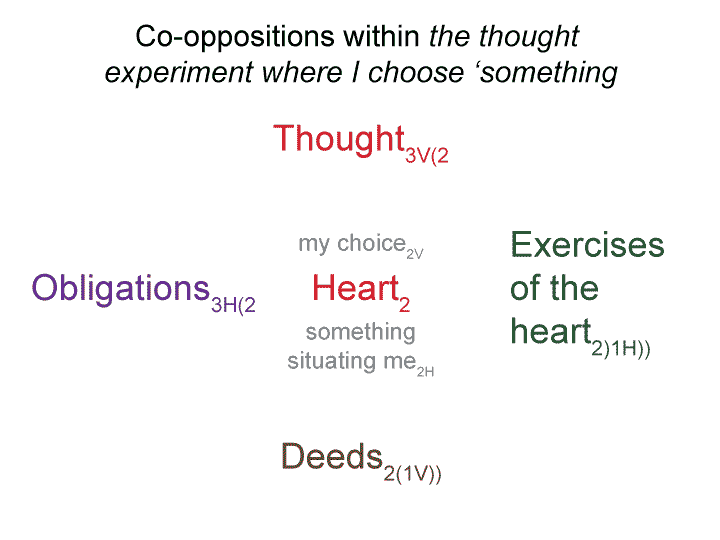Man and Sin by Piet Schoonenberg (1964) 2.3 XF
[A good example is found in my work:
Comments on Wayne Proudfoot’s Book (1986) Religious Experience
Dr. Proudfoot (writing in the 1980s) eagerly takes Schleiermacher (writing in the 1800s) to task. In order to demonstrate cause and effect in the religious experience, Proudfoot inadvertently selects a few elements out of a three-level interscope. He neglects all other elements.
Of course, if I selected any two elements in the nine-element matrix, I could declare that one element caused the other (provided that the seven other elements remained constant). This is not false. However, this would be deceptive. My selection would neglect all the other elements in the interscope.
Dr. Proudfoot was awarded a book award from the American Academy for Religion for his efforts.]

